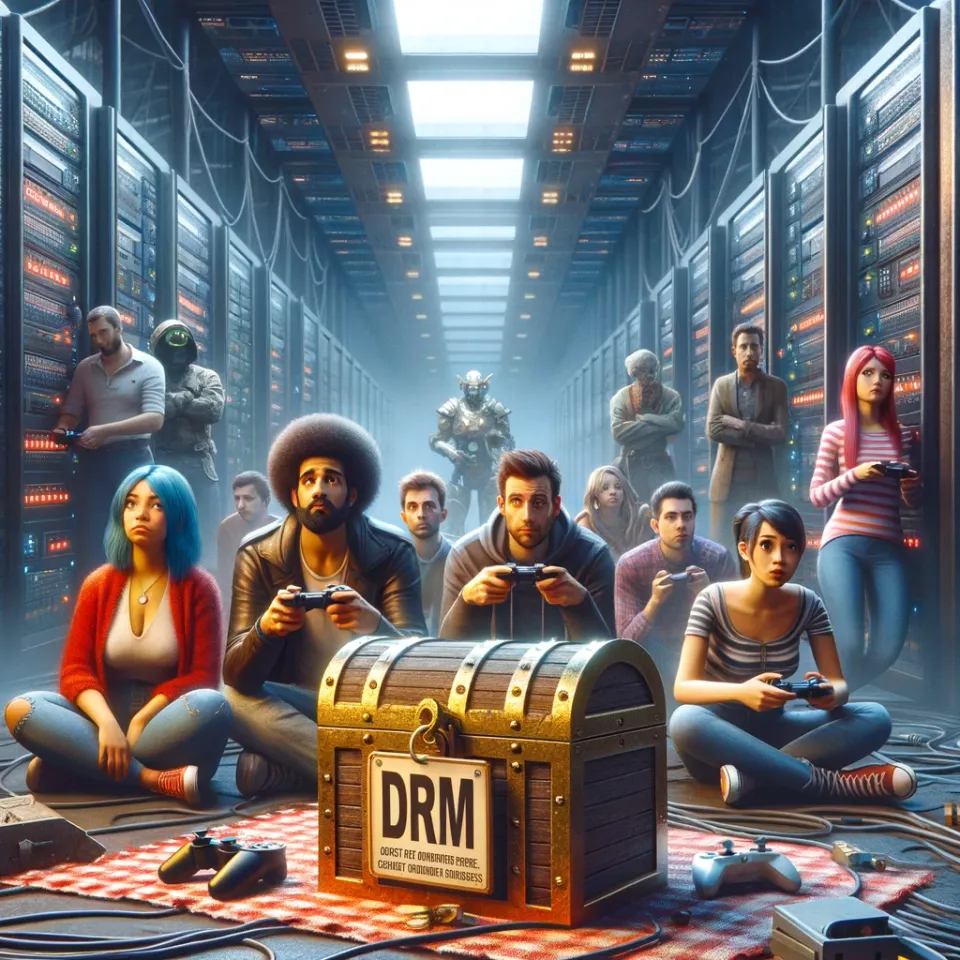Negotiations to Merge Western Digital's Semiconductor Memory Business and Kioxia Holdings Terminated: Implications for the Global Memory Market

Introduction:
In a recent report, it has been announced that negotiations between Western Digital and Kioxia Holdings, aimed at merging their semiconductor memory businesses, have been terminated. This development comes as a significant blow to both companies as they had hoped to create an entity that could rival market leader Samsung Electronics. However, the merger failed to secure approval from SK Hynix, an indirect shareholder in Kioxia, ultimately leading to the collapse of the deal. In this article, we will explore the reasons behind the termination of the negotiations, the potential implications for the global memory market, and the challenges faced by Western Digital and Kioxia going forward.
1. Failed Approval: SK Hynix’s Opposition
One of the key factors contributing to the termination of the merger talks was SK Hynix’s opposition to the deal. As an indirect shareholder in Kioxia, SK Hynix raised concerns about the potential impact the merger would have on its position in the NAND memory market. With SK Hynix currently standing as the second-largest player after Samsung Electronics in the NAND memory segment, any merger that threatened its position would naturally be met with resistance.
2. Concerns over Partnerships
In addition to SK Hynix’s opposition, the companies were also unable to reach a consensus on the merger’s conditions with Bain Capital, Kioxia’s top shareholder. This disagreement raised concerns about the potential derailing of partnerships that SK Hynix had been exploring with Kioxia. Both Western Digital and Kioxia are seeking capital infusions and measures to strengthen their operations, making the failure to secure agreement on merger conditions a significant setback.
3. Turbulent Memory Market Conditions
The termination of the merger talks reflects the challenging market conditions faced by both Western Digital and Kioxia. Both companies have been hit by a downturn in earnings due to headwinds in memory chips. As such, they were looking towards the merger as a means to achieve greater profits and growth. However, with the deal falling through, the companies must now explore alternative strategies to address their respective challenges in the memory market.
4. Implications for the Global Memory Market
The collapse of the Western Digital-Kioxia merger has significant implications for the global memory market. With Kioxia ranking third in global market share for NAND flash memory and Western Digital ranking fourth, the proposed merger would have created a major competitor to Samsung Electronics. The larger scale resulting from the merger would have enabled the companies to potentially challenge Samsung’s dominance, impacting market dynamics and potentially leading to more intense competition.
Conclusion:
The termination of negotiations between Western Digital and Kioxia represents a significant setback for both companies in their efforts to address the challenges facing the memory market. With SK Hynix opposing the merger and concerns over partnerships, the failure to secure approval and agreement on conditions ultimately led to the collapse of the deal. Moving forward, Western Digital and Kioxia will need to explore alternative strategies to bolster their operations and compete in an increasingly challenging market. The memory industry will continue to watch closely as these companies strive to navigate their way through turbulent market conditions.




